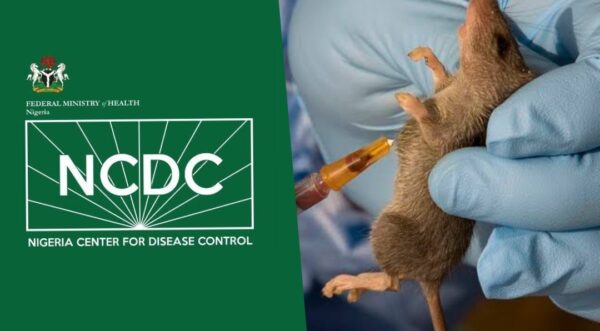The Nigeria Centre for Disease Control and Prevention (NCDC) has recorded a staggering 1,068 cases of Lassa fever across 112 local government areas in 28 states.
This data from the Lassa Fever Situation Report for Week 37 (Sep. 11 -17, 2023) highlights a concerning situation.
Ominously, 75% of these cases have emerged in Ondo, Edo, and Bauchi States, as reported by the NCDC via its official website. Lassa fever, a viral hemorrhagic fever caused by the Lassa virus, primarily plagues West Africa, including Sierra Leone, Liberia, Guinea, and Nigeria. The virus is transmitted to humans through contact with the urine or faeces of infected rodents, specifically the multimammate rat.
There are 7,352 individuals with suspected cases, and the infection has claimed the lives of at least 181 people in the country. The case-fatality ratio currently stands at 16.9%.
The report also reveals a decline in the case fatality rate compared to 2022 (19.1%). In 2023, 28 states have reported at least one confirmed case across 112 local government areas. The three heavily affected states—Ondo, Edo, and Bauchi—account for 75% of all confirmed cases, with Ondo leading at 35%, followed by Edo at 29%, and Bauchi at 11%.
The age group most affected is 21-30 years, though cases range from 1 to 93 years, with a median age of 32. The male-to-female ratio for confirmed cases is nearly 1:1.
Tragically, in 2023, 49 healthcare workers across the country have been infected with Lassa fever. The National Lassa Fever Multi-partner, Multi-sectoral Emergency Operations Centre has been activated to coordinate response activities at all levels.
Prevention efforts emphasize avoiding contact with rodents and their droppings, maintaining good personal hygiene, and taking precautions when caring for infected individuals. Early diagnosis and prompt medical intervention are crucial in managing the disease and averting complications.









